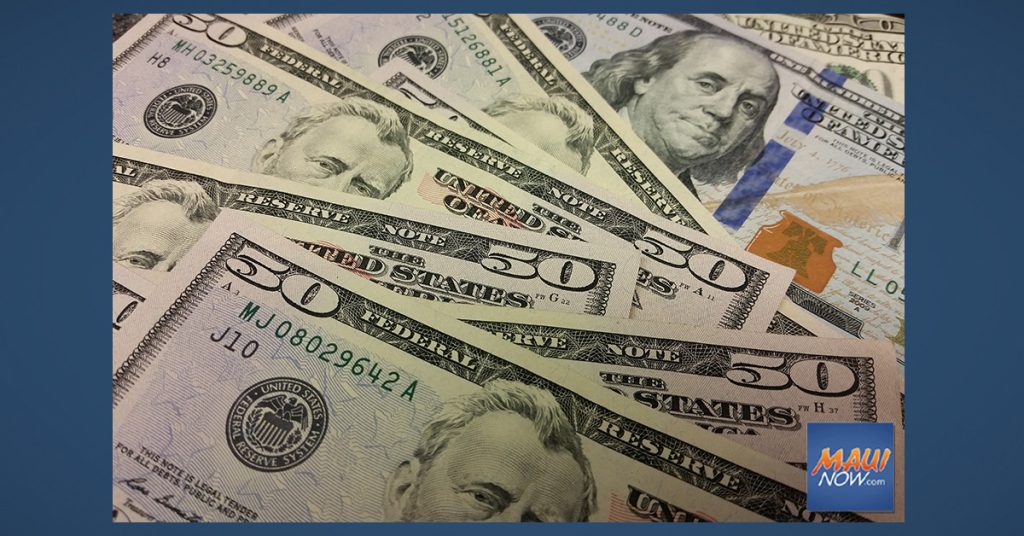COVID-19 Update: Direct Payments to Individuals

As a result of the recently-passed coronavirus aid legislation, there are new federal resources to help individuals, families, and businesses during this time.
Direct Payments to Individuals
The COVID relief law provides a new round of one-time direct payments, or “recovery rebates,” to eligible individuals. According to US Senator Brian Schatz, the federal government will send you a payment if: (1) you meet the eligibility criteria; (2) you fall within the income cap; and (3) filed a 2019 tax return, or already receive Social Security benefits, SSI benefits, VA benefits, or Railroad Retirement benefits.
Sen. Schatz outlined the following eligibility requirements, payment amounts and methods of payment:
Eligibility
- If you filed a tax return for 2019, or you are a Social Security Old-Age, Survivors, and Disability Insurance beneficiary, Supplemental Security Income recipient, Railroad Retirement beneficiary, or Veterans Administration beneficiary, you will receive this payment automatically if you fall within the income cap.
- If the credit amount determined by your 2020 tax return exceeds this payment amount, you will receive the difference as a refundable tax credit.
- If you applied through the nonfiler portal for the first round of Economic Impact Payments, and received a payment, you will receive this payment automatically.
- Anyone other than a nonresident alien, a dependent, or an estate, is eligible.
- In general, taxpayers without an eligible social security number are not eligible for the payment. However, married taxpayers filing jointly where one spouse has a Social Security Number and one spouse does not are eligible for a payment of $600, in addition to $600 per child with a Social Security Number.
Amount of Payment
- The payment is $600 per eligible family member: $600 per taxpayer ($1,200 for married couples filing jointly), and $600 per qualifying child (under age 17). An eligible family of four will receive $2,400.
- Payments start to phase out for those with incomes exceeding $75,000 for singles; $150,000 for married couples; and $112,500 for single parents. Your income is based on your 2019 tax return.
- The credit phases out at a rate of $5 per $100 of additional income. If your income exceeds the phaseout threshold, to calculate your partial credit: (1) take your annual income; (2) subtract $75,000 (for individual filers); (3) multiply by .05; (4) subtract that number from $600.
- No payments will go to: single filers earning more than $87,000; joint filers with no children and who earn more than $174,000; and single head-of-household filers with one child and who earn more than $136,500.
Method of Payment
- If you provided bank account information to receive your tax refund as a direct deposit, you will receive your payment that way.
- If you did not provide information for direct deposit, you will be mailed a check to the address provided on your 2019 tax return.
- If you did not file a 2019 tax return, but you receive Social Security, SSI, VA, or Railroad Retirement benefits, you will receive the payment the same way you receive your benefits.
- If you are eligible to receive a direct payment, Treasury will send notice by mail to your last known address as soon as practicable. The notice will indicate the method by which the payment was made, the amount of the payment, and a phone number for a point of contact at the IRS to report any failure to receive your payment.
*Further details and updates are available here.












